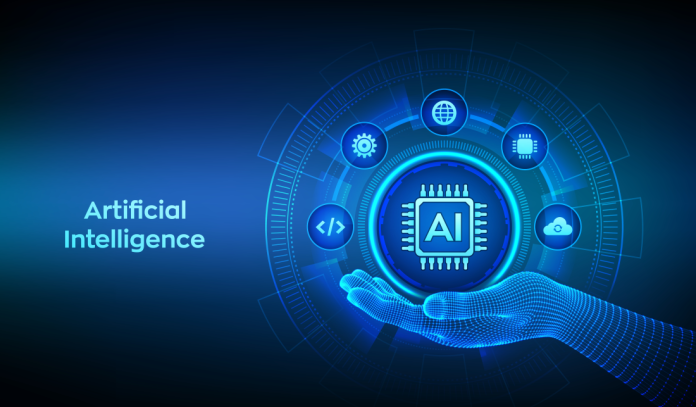In the B2B industry, delivering exceptional customer experiences has become paramount. Artificial Intelligence is at the forefront of this transformation, offering tools and insights that enable businesses to understand and serve their clients more effectively. From automating routine tasks to providing personalized solutions, AI is reshaping the B2B customer journey.
1. Personalized Customer Interactions
AI enables businesses to analyze vast amounts of data to gain insights into customer behavior and preferences. This analysis allows for the creation of personalized experiences, from tailored product recommendations to customized communication strategies. Such personalization enhances customer satisfaction and fosters long-term relationships.
2. Enhanced Customer Support with AI Chatbots
AI-powered chatbots are revolutionizing customer support by providing instant responses to queries, 24/7. These chatbots can handle multiple customer interactions simultaneously, ensuring prompt service and freeing up human agents to tackle more complex issues. The result is improved efficiency and customer satisfaction.
3. Predictive Analytics for Proactive Engagement
Through predictive analytics, artificial intelligence can forecast customer needs and behaviors. By analyzing historical data, businesses can anticipate client requirements and address potential issues before they arise. This proactive approach not only solves problems swiftly but also demonstrates a commitment to customer success.
4. Streamlined Sales Processes
AI tools can automate various aspects of the sales process, from lead scoring to follow-up communications. By identifying the most promising leads and determining the optimal times for engagement, AI helps sales teams focus their efforts more effectively, increasing conversion rates and revenue.
5. Improved Marketing Strategies
AI-driven marketing leverages data to create more effective campaigns. By understanding customer segments and predicting responses to different marketing messages, businesses can craft content that resonates with their audience. This targeted approach leads to higher engagement and better ROI.
6. Efficient Data Management
Managing and analyzing large datasets is a significant challenge in B2B operations. AI simplifies this by automating data collection and analysis, ensuring accuracy and providing actionable insights. Efficient data management supports informed decision-making across the organization.
7. Enhanced Product Recommendations
AI algorithms can analyze customer purchase history and preferences to suggest relevant products or services. These intelligent recommendations not only enhance the customer experience but also increase cross-selling and upselling opportunities.
8. Real-Time Feedback Analysis
Collecting and analyzing customer feedback in real-time allows businesses to make swift improvements to their products or services. AI tools can process feedback from various channels, identify common issues, and suggest solutions, leading to continuous enhancement of the customer experience.
9. Risk Management and Fraud Detection
AI can identify unusual patterns and behaviors that may indicate fraudulent activities. By monitoring transactions and interactions, AI systems can alert businesses to potential risks, enabling them to take preventive measures promptly.
10. Scalability of Customer Experience Initiatives
As businesses grow, maintaining consistent customer experiences becomes challenging. AI solutions can scale alongside the business, ensuring that customer service quality remains high regardless of the company’s size or customer base.
Conclusion
The integration of AI into B2B customer experience strategies offers numerous benefits, from personalized interactions to efficient operations. By embracing AI technologies, businesses can not only meet but exceed customer expectations, fostering loyalty and driving growth in an increasingly competitive market.
I hope you find the above content helpful. For more such informative content, please visit TechnologyXpertise.








